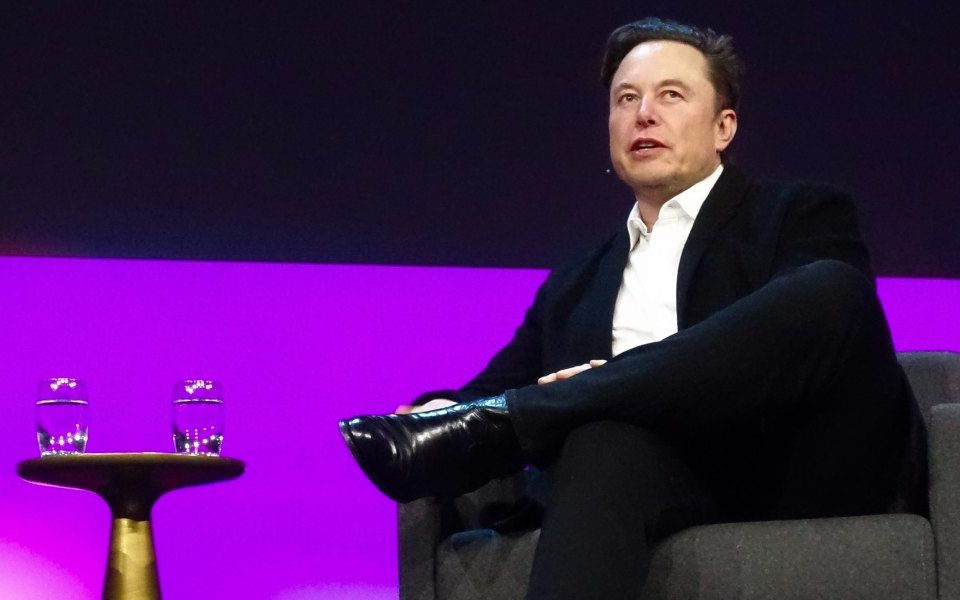BBC
At London’s famous Hyde Park at around 11:00 on a crisp Saturday morning, runners gather at some benches – some tall and lean, others broad and sturdy, a few logging into the Strava app, but one common thread unites them – most of them are Nigerians of Igbo extraction.
This is the Ozo running club, formed by Igbo people to celebrate the culture of one of the largest of Nigeria’s more than 300 ethnic groups.
“We wanted to create a space where young Igbo people could connect and re-connect to their culture,” said Chibueze Odoemene, who co-founded the club with Emeka Atumonyogo, and Chigo Ogbonna.
In less than three months, the Ozo running club already has more than 300 members.
This rapid growth speaks not only to the deep desire for community, but to the significant boom of social running clubs in recent years.
Strava, the popular running app, said there had been a 59% increase in running club participation globally this year.
But for the Ozo running club, the weekly Saturday meets aren’t simply about running, pace or fitness – it’s a place where strangers become family.
Even as the runners wait to join their respective speed groups – fast, medium, slow, and walking pace – a buzz and energy cuts through the calm of the park as Afrobeats music pulses from a nearby speaker.
“Igbo kwenu!” shouts Mr Odoemene, his voice booming across the park to gather everyone’s attention.
The group responds in unison with a low, rumbling “Eyy.”
“Igbo kwezo!” he calls out again, his tone both commanding and warm.
Once more, a unified “Eyy” follows, resonating among the runners and setting the tone for the morning.
This traditional Igbo call-and-response is more than a greeting – it’s a moment of pride, a reminder of shared roots and identity that runs as deep as their commitment to each other and the weekly run.
“The chant is used as a call of unity, community, and love among all Igbo peoples,” said Mr Odoemene.
Running clubs like Ozo, which are often free, have become spaces for people to make new friends, create a community, and possibly even meet future partners.
The co-founders, who met at other Igbo social events, laugh at the prospect of a love story blossoming at their club.
“If people meet the love of their lives, that’s amazing, but the most important part for us is to build a fun community,” said Mr Odoemene.
“I have so many Yoruba friends, but I want to meet people from my tribe.”
Francesca Ngozi Ezennolim
Ozo run club member, 21
For Francesca Ngozi Ezennolim, 21, the prospect of romance is not what brought her all the way from Reading, about 64km (40 miles) from London, on a Saturday morning, but the promise of community.
“I don’t have a lot of Igbo friends,” she said, adding: “I do have a lot of Nigerian friends – but it’s hard to find Igbo friends.”
Donning a black athletic outfit, she told the BBC she hopes the running club will fill that hole in her life.
And she is not alone.
A first-timer to the club, Jennifer Iwuamadi, 23, echoed the same sentiments.
“It’s so important to come to an Igbo run club because we get to socialise with our brothers and sisters. It’s a great way to get fit and network,” she said.
Although the Igbos are one of Nigeria’s largest ethnic groups and are prominent in the diaspora, many feel their culture is under threat. In 2006, the United Nations cultural organisation (Unesco) predicted that the Igbo language would become extinct by 2025.
However, in the UK, their numbers have risen over the last decade – from around 8,000 to 11,000, according to the Office for National Statistics.
In contrast, speakers of Yoruba, the other main language in southern Nigeria, have declined from 15,000 to 10,000 over the same period.
Nevertheless, some young Igbo people told the BBC they have struggled to make friends outside their parents’ community.
“I have so many Yoruba friends, but I want to meet people from my tribe,” Ms Ezennolim told the BBC.
“When people think about Nigerians, they don’t really think about Igbo. Nigeria is not just one piece, it’s multiple pieces,” said Mr Odoemene.
But isn’t it divisive to have a running club which focuses on Igbo culture?
The founders vehemently shake their heads.
“You don’t have to be Igbo to come to the run club,” said Mr Atumonyogo.
He adds that people from Iran, Italy, and the Caribbean have come to their sessions – and they encourage others to join in, learn about Igbo culture, ask questions, and immerse themselves in the vibrant atmosphere…



Connect with us on our socials: